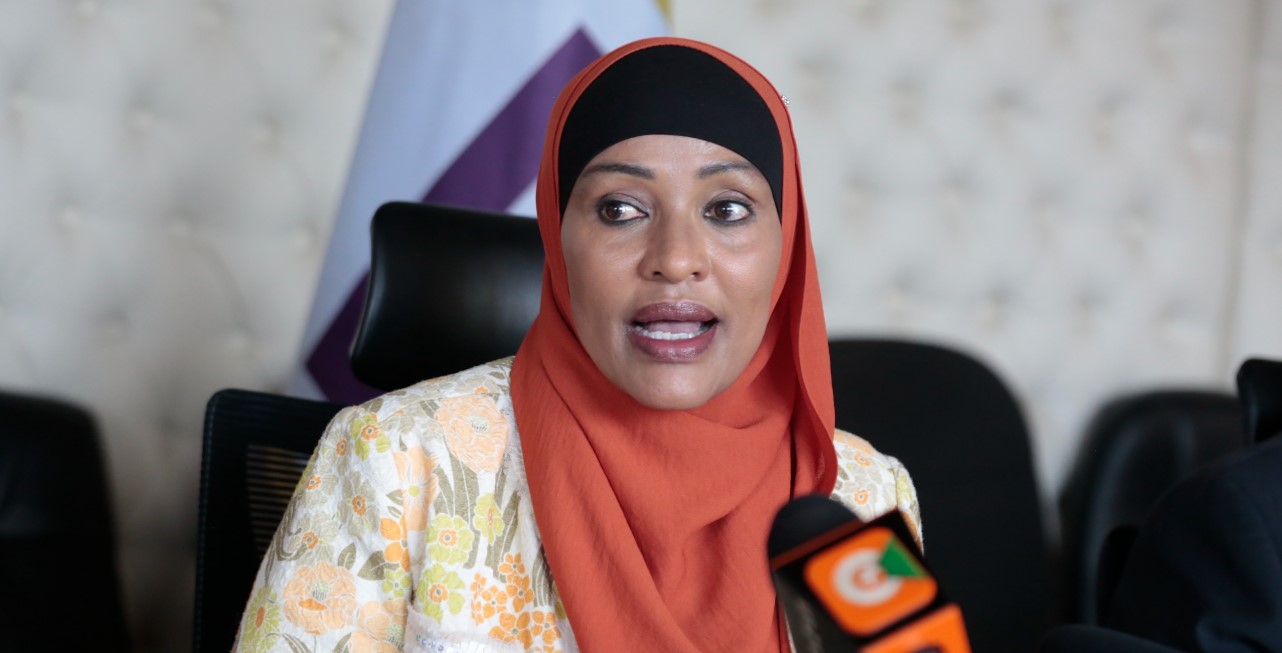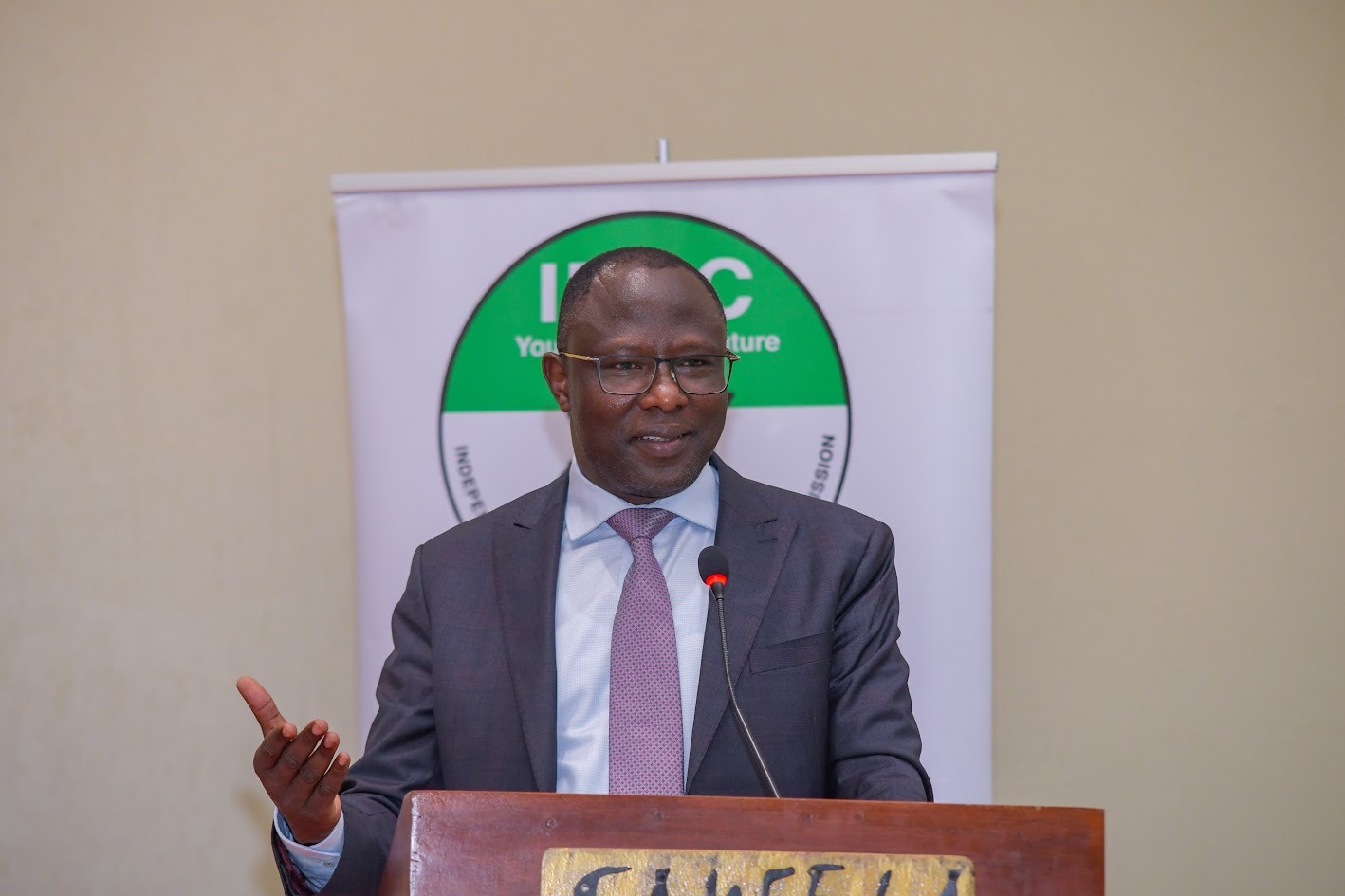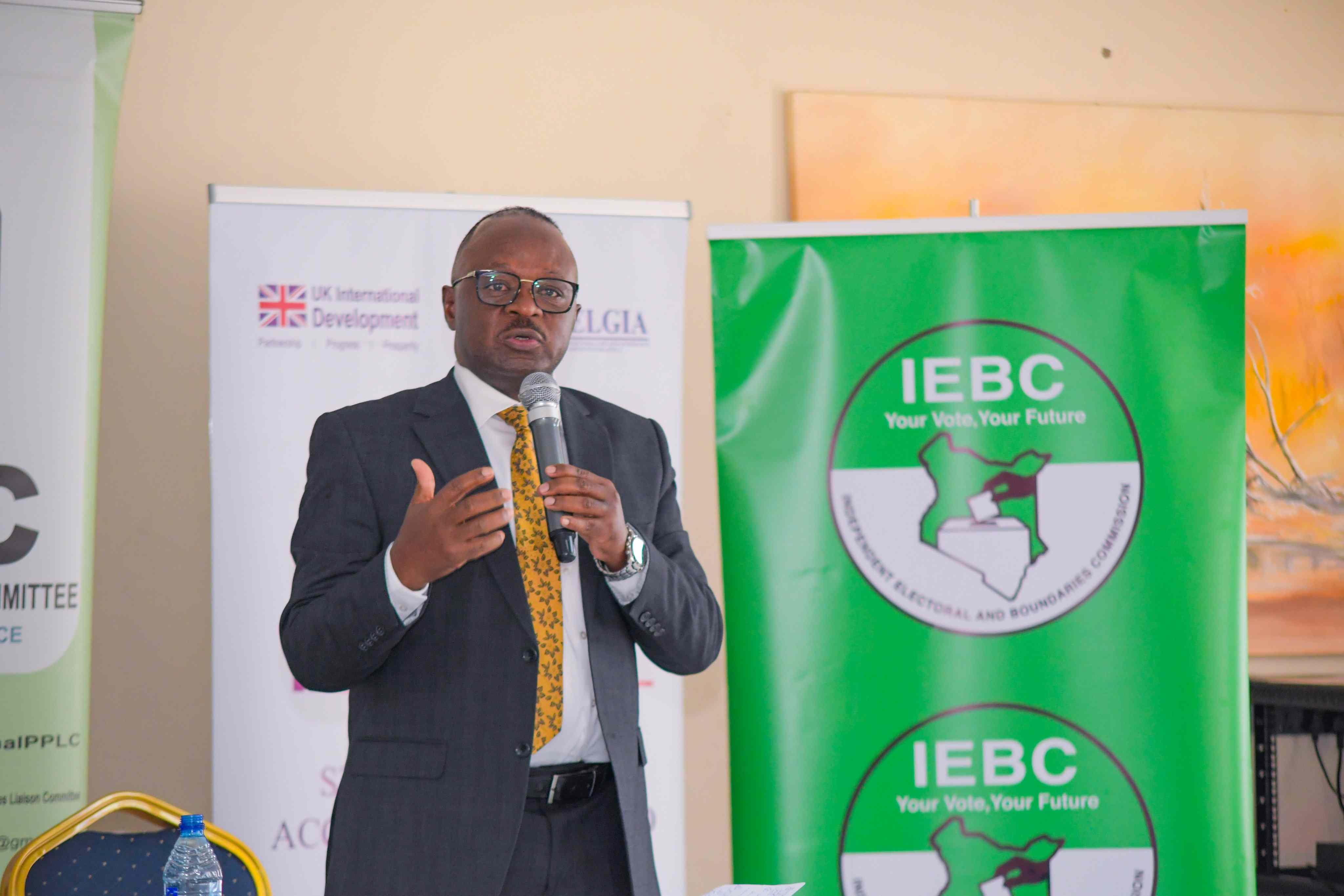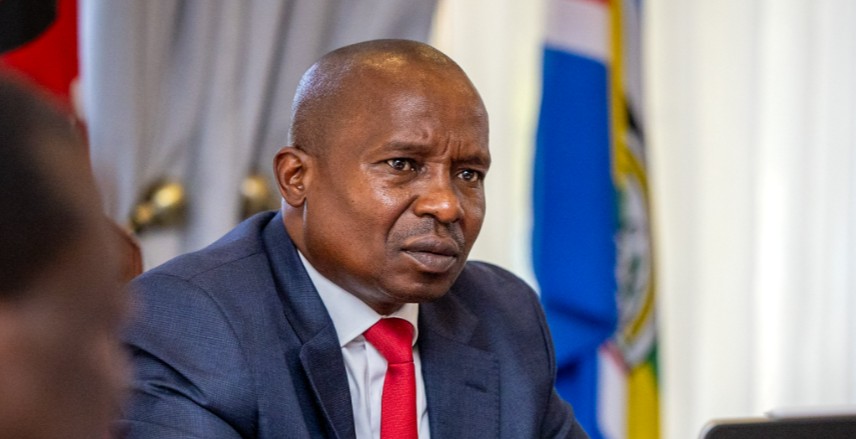Auditor General flags misuse of Sh6.5 billion emergency funds

Auditor General Nancy Gathungu issued a qualified opinion on the fund’s financial statements, citing unsupported expenditures, misuse of funds, and breaches of legal requirements.
Kenya’s Contingencies Fund, meant to cushion the country during emergencies, has been thrown into the spotlight after the Auditor General uncovered widespread irregularities and weak accountability in the use of the emergency cash.
A fresh audit covering the financial year ending June 30, 2024 shows billions were withdrawn from the fund without proper justification, while key ministries failed to account for large amounts they received.
More To Read
- State agencies, counties owe Kenya Power Sh4.67 billion in unpaid bills - Auditor General
- Government, miners form joint committees to curb exploitation, protect communities
- MPs push for urgent funding boost for Auditor General’s office
- Treasury’s plan to abolish six development authorities raises fears over 423 projects, 1,500 jobs
- Audit flags leadership vacuum at Garissa University since 2022
- Auditor General calls for penalties on officers who ignore audit recommendations
Auditor General Nancy Gathungu issued a qualified opinion on the fund’s financial statements, citing unsupported expenditures, misuse of funds, and breaches of legal requirements.
Top among the concerns are Sh1.07 billion in refunds that could not be verified. The Ministries of Defence, Internal Security and National Administration, and Irrigation did not submit expenditure returns for the amounts they received, making it impossible to confirm how the money was used.
“In the circumstances, the validity of the amount disbursed from the fund of Sh1,070,000,000 could not be confirmed,” the audit report states.
Gathungu also faulted the use of Sh130 million by the State Departments for Public Works, Crop Development and Livestock, saying the money went to goods and services that did not meet the legal threshold required for emergency spending.
“A review of the respective expenditure returns revealed that the expenditure was in respect of goods and services that could not meet the legal threshold,” she said.
The funds were drawn under provisions of the Public Finance Management Act, 2012, which allows for emergency allocations for “urgent and unforeseen” needs.
Another major red flag involves Sh3.83 billion advanced to the State Department for Arid and Semi-Arid Lands and Regional Development between December 2023 and June 2024.
The Auditor General said these activities had already been catered for in the approved supplementary budget, questioning why emergency funds were tapped for the same.
“No explanation was provided to justify the funding of the expenditure from the fund, yet the department had included the activities in the approved supplementary budget,” the report noted.
The Contingencies Fund was set up under Article 208 of the Constitution to meet urgent needs not covered in the budget. It is administered by the National Treasury and has a permanent capital ceiling of Sh10 billion, although the actual balance varies depending on fiscal conditions.
During the 2023–24 financial year, Sh6.53 billion was drawn from the fund, more than double the Sh3.11 billion spent in the previous year. The bulk of the money was allocated for drought and flood mitigation measures, including El Niño response.
The audit comes at a time when the National Treasury is under pressure from falling revenues and growing pending bills, which reached Sh526 billion by June 2025.
While the Treasury recorded a 79.76 per cent budget absorption rate during the year, the Auditor General’s findings reveal that stronger spending controls and accountability mechanisms are still lacking in emergency financing.
Top Stories Today













































